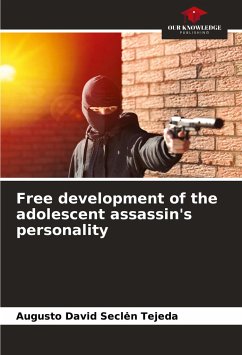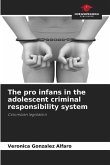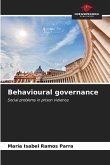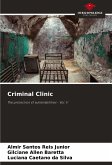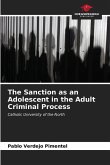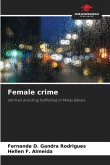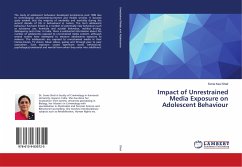The purpose of this research was to determine the normative empiricisms and theoretical discrepancies that occur in Peruvian legislation and that generate the vulnerability of the rights of the inmate transferred from the Juvenile Rehabilitation Center José Quiñones Gonzales to the Picsi prison, regarding his rights to the free development of his personality, likewise a recruitment regime for child and adolescent assassins is proposed in the current penal code. Methodology: It is quantitative research, for data collection the survey technique was used and as an instrument the questionnaire. Conclusions: The correct regulation of the rights of adolescent assassins is often affected by normative empiricism and theoretical discrepancies in cases of transfer to maximum security prisons; this is also due to the lack of support in the legal norm in the case in question. This is why there is an urgent need for those responsible and the legal community in our country to analyze, evaluateand develop new theoretical approaches on the recognition of the rights of adolescent offenders.
Bitte wählen Sie Ihr Anliegen aus.
Rechnungen
Retourenschein anfordern
Bestellstatus
Storno

